
5 Types of Drinks You Shouldn’t Store in a Thermos
Thermos containers are a great way to keep beverages hot or cold for an extended period, making them a popular choice for people who enjoy taking their drinks with them on the go. Whether you're commuting, hiking, or traveling, a thermos can help preserve the temperature of your drink and make it convenient to enjoy throughout the day. However, not all drinks are suitable for long-term storage in a thermos. While thermoses are designed to preserve the temperature of drinks, certain liquids can degrade, change flavor, or damage the container. In this article, we’ll discuss five types of drinks you should avoid storing in a thermos and the reasons why.
1. Carbonated Beverages
Carbonated drinks, such as soda, sparkling water, or fizzy energy drinks, should not be stored in a thermos for an extended period. While a thermos can keep the temperature of your drink stable, it can also trap gas and increase pressure inside the container. Here’s why you should avoid storing carbonated beverages in your thermos:
a. Loss of Fizz
The primary appeal of carbonated drinks is the refreshing fizz they offer. Storing a carbonated drink in a thermos can cause the gas to dissipate over time, leading to a flat beverage. As the carbonation escapes, the drink becomes less enjoyable and loses its signature effervescence.
b. Increased Pressure and Risk of Spillage
The buildup of pressure inside the thermos from trapped carbon dioxide can lead to leakage or, in extreme cases, even cause the thermos to burst open. This is particularly risky if you’ve stored your carbonated drink for a long time, and it’s best to avoid this issue by opting for a non-carbonated beverage instead.
2. Dairy Products (Milk, Cream, and Flavored Milk)
While milk and other dairy products may seem like a convenient choice to store in a thermos, they are not recommended for several important reasons. Dairy products require proper storage to maintain their freshness and safety, especially when it comes to temperature regulation.
a. Spoilage and Bacterial Growth
Dairy products need to be kept at a specific temperature to prevent bacterial growth. Although thermoses can keep drinks warm, they do not regulate temperature in the same way as refrigeration. Storing milk or cream in a thermos for too long can lead to spoilage, sourness, and even foodborne illnesses due to the growth of harmful bacteria, such as Salmonella or E. coli.
b. Change in Texture and Taste
Even if the thermos keeps milk warm, the texture and taste of the milk may deteriorate. Milk proteins can break down at higher temperatures, leading to curdling or a grainy texture. Additionally, flavored milks, such as chocolate or strawberry milk, may lose their fresh taste and become unappetizing after being stored in a thermos.
3. Hot Beverages (for Extended Periods)
While thermoses are excellent for keeping beverages hot, storing hot drinks like tea, coffee, or hot chocolate for too long can have unintended consequences. Here’s why you should avoid leaving these drinks in your thermos for an extended period:
a. Overheating and Bitter Taste
Hot beverages, especially coffee and tea, can develop an unpleasant, bitter taste if kept at high temperatures for too long. The longer the beverage remains in the thermos, the more the flavors change, and you may end up with a drink that is overly strong or has an off-putting taste. Additionally, tea may become overly tannic, making it more astringent than enjoyable.
b. Loss of Aroma and Freshness
The aromatic compounds in hot beverages, like tea leaves or coffee beans, begin to dissipate over time when exposed to heat. As a result, your coffee or tea may lose its refreshing aroma and become less flavorful. If you need your beverage to stay hot for a few hours, a thermos is still a good option, but it’s best to drink it within a reasonable time frame to enjoy the full flavor.
4. Fruit Juices and Smoothies
Fruit juices and smoothies are packed with vitamins and nutrients, making them a popular choice for on-the-go hydration. However, storing these beverages in a thermos can lead to a few issues:
a. Oxidation and Nutrient Loss
Juices and smoothies are prone to oxidation, which occurs when the drink is exposed to air. When stored in a thermos for a long period, juices and smoothies can lose their vibrant color, taste, and nutritional value. For example, vitamin C in fruit juices can degrade over time, reducing the health benefits of the drink.
b. Separation and Texture Changes
Juices, especially smoothies made with fruits or yogurt, can separate and develop an unpleasant texture if stored in a thermos. The ingredients in smoothies may separate, leaving you with an unappetizing mixture. Even juices that initially seem smooth may have a different texture after a few hours in the thermos, which makes them less enjoyable to drink.
c. Potential for Fermentation
Juices and smoothies contain natural sugars that, if left at room temperature or in a warm thermos for too long, can ferment. Fermentation can alter the taste and smell of the drink, and in some cases, lead to the growth of harmful bacteria.
5. Beverages Containing Alcohol
While it might be tempting to store a cocktail or alcoholic drink in a thermos for easy transport, it is generally not recommended. Alcoholic beverages do not fare well in thermoses for several reasons:
a. Flavor Deterioration
When alcohol is stored in a thermos, especially a hot one, the flavors can degrade quickly. Many cocktails and mixed drinks, particularly those with fresh ingredients, lose their freshness and flavor when exposed to heat for extended periods. The alcohol may also evaporate, leading to a less potent drink.
b. Altered Texture and Appearance
In drinks like sangria or cocktails with fruit, storing them in a thermos can cause the fruit to break down or lose its crispness. The overall texture and appearance of the beverage may change, making it less enjoyable to drink.
c. Safety Concerns
While alcohol itself does not spoil as quickly as other beverages, storing alcoholic drinks in a thermos for a long time can lead to safety concerns, particularly if the drink is left in a warm environment. The prolonged exposure to heat may cause the alcohol to become too concentrated, which could lead to an unintended, stronger effect when consumed.
Conclusion
Thermoses are an incredibly useful tool for keeping drinks hot or cold while you’re on the go. However, not all drinks are suitable for storage in a thermos, especially for extended periods. Carbonated beverages, dairy products, hot drinks, fruit juices, and alcoholic beverages can all be negatively affected by the storage conditions of a thermos. To ensure your drinks remain fresh, flavorful, and safe, it’s important to choose the right beverages for your thermos. By understanding which drinks to avoid, you can enjoy your thermos to its fullest and make the most of its convenience without compromising on taste or quality.
News in the same category

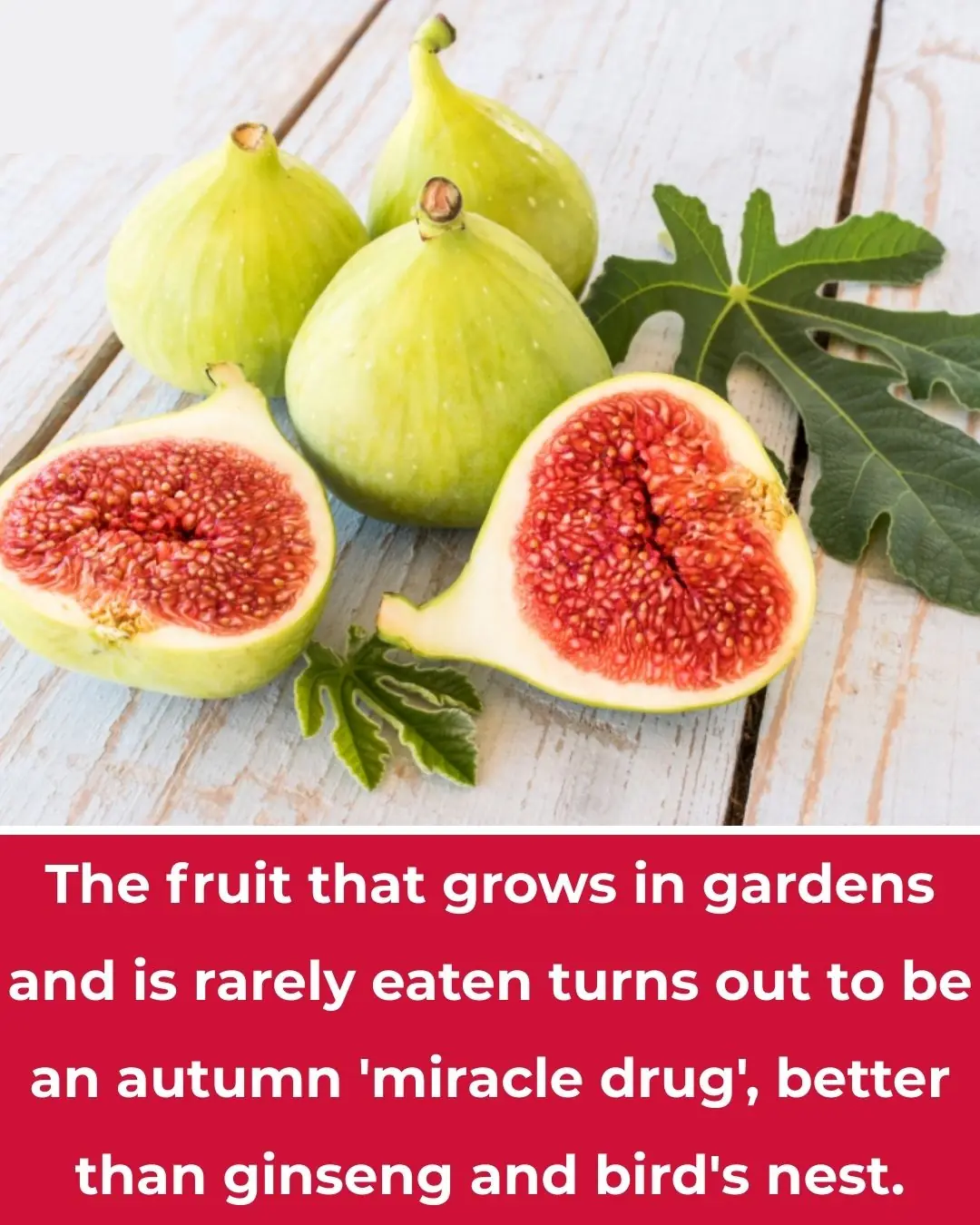
A Fruit Growing Abundantly in Gardens That Few People Eat Turns Out to Be an Autumn ‘Miracle’ Better Than Ginseng and Bird’s Nest

Why Should You Drop a Clove of Garlic into the Toilet Bowl at Night? Knowing Its Benefits, Every Household Wants to Try It

Revealed: How to Make Ceramic Tiles Sparkle at Home – Without Spending a Dime

Soak the vermicelli in a bowl of fish sauce, after 2 minutes you will know if the vermicelli is clean or contains borax.
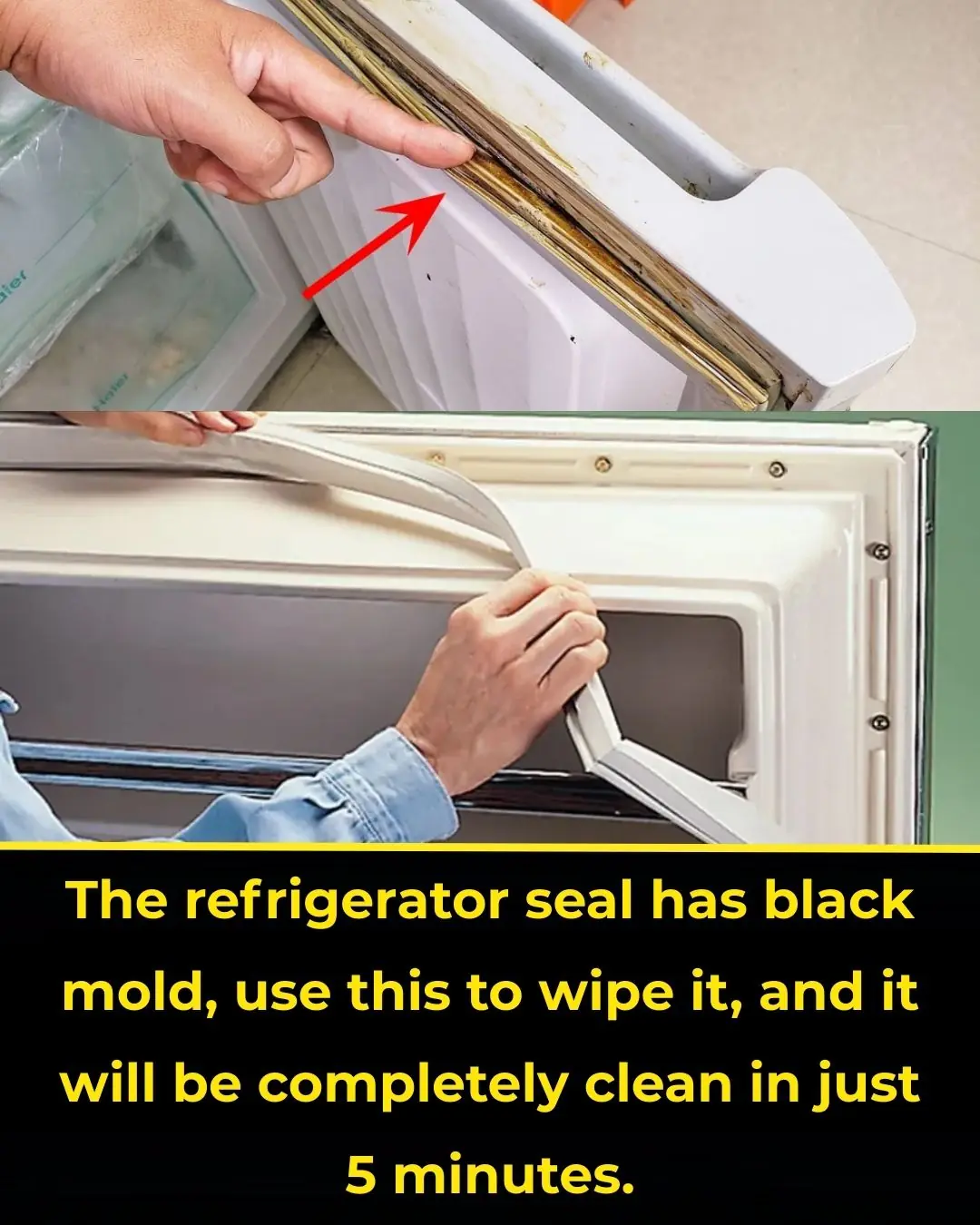
The refrigerator seal has black mold, use this to wipe it, and it will be completely clean in just 5 minutes.
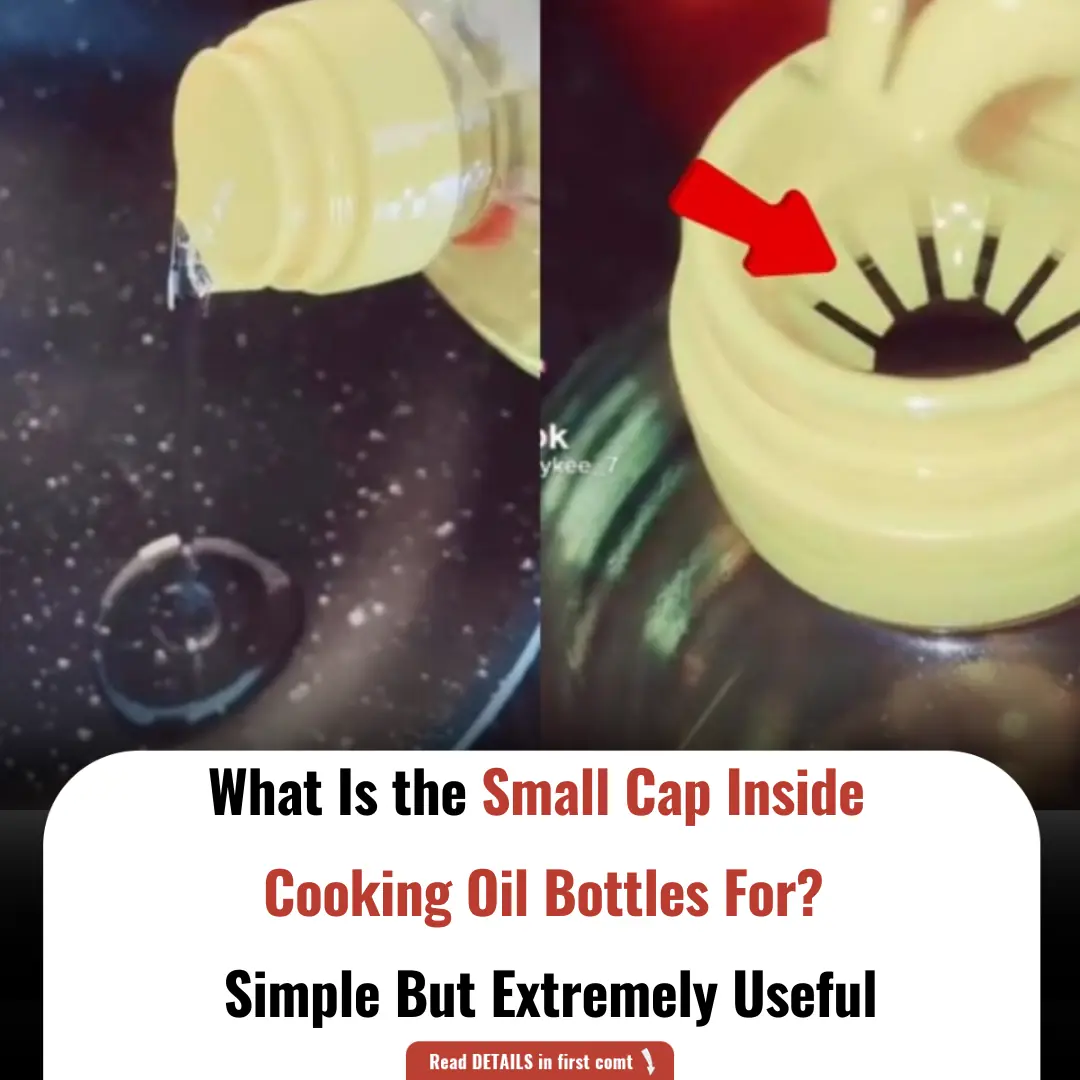
What Is the Small Cap Inside Cooking Oil Bottles For? Simple But Extremely Useful

A Trick to Repel Rats Using Common Household Ingredients, Keeping Your Home Clean, Fresh, and Rat-Free

Place a Face Mask in the Refrigerator: A Small Trick with Unexpected Results

Put Ice Cubes in Your Clothes Dryer, and You’ll Be Surprised by the Results
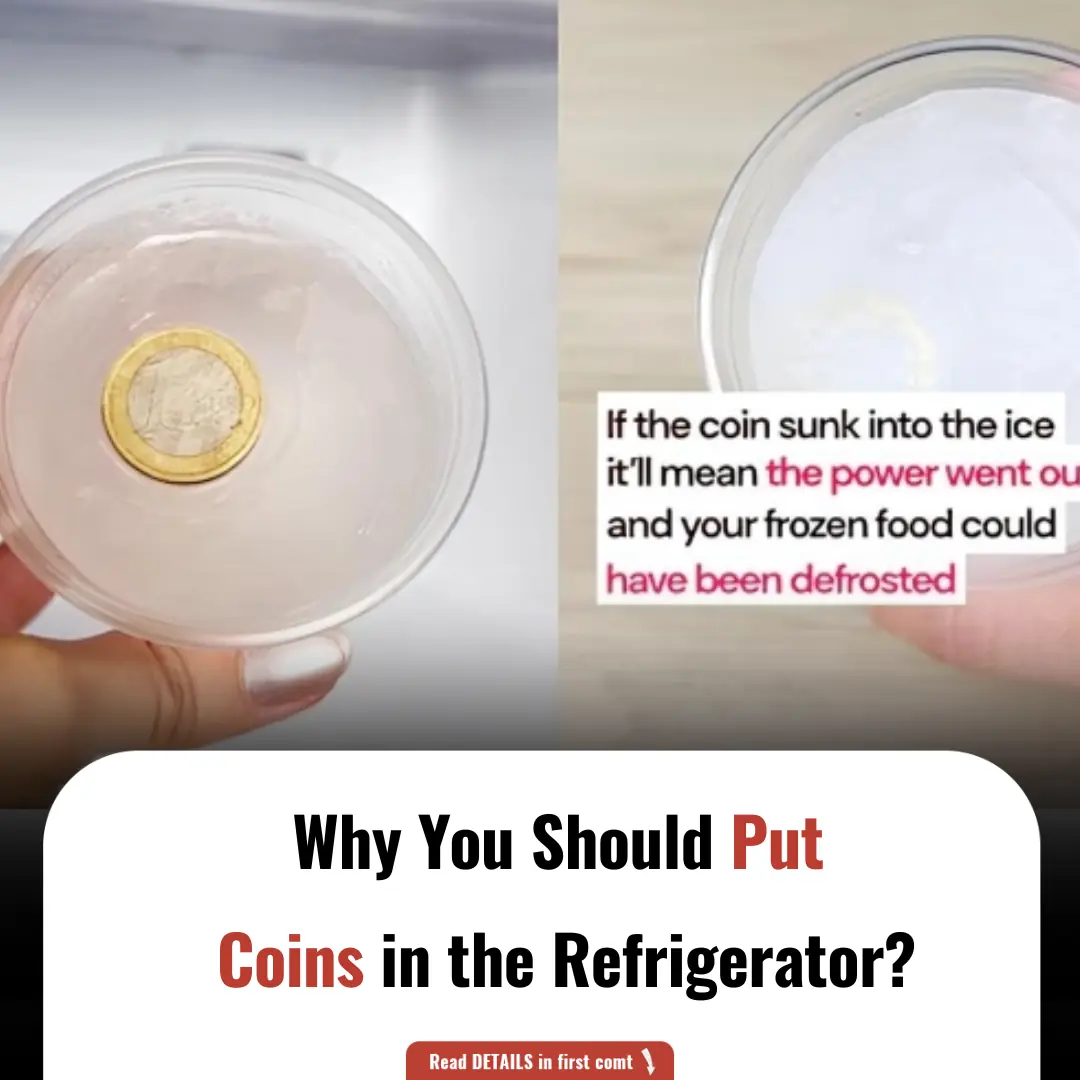
Why You Should Put Coins in the Refrigerator?

Tips for Choosing Good Avocados: Don't Be Tempted by Large Ones, They Are 'A Waste of Money'.

Weak Toilet Flush with No Suction Power? A Simple DIY Hack from the Pros
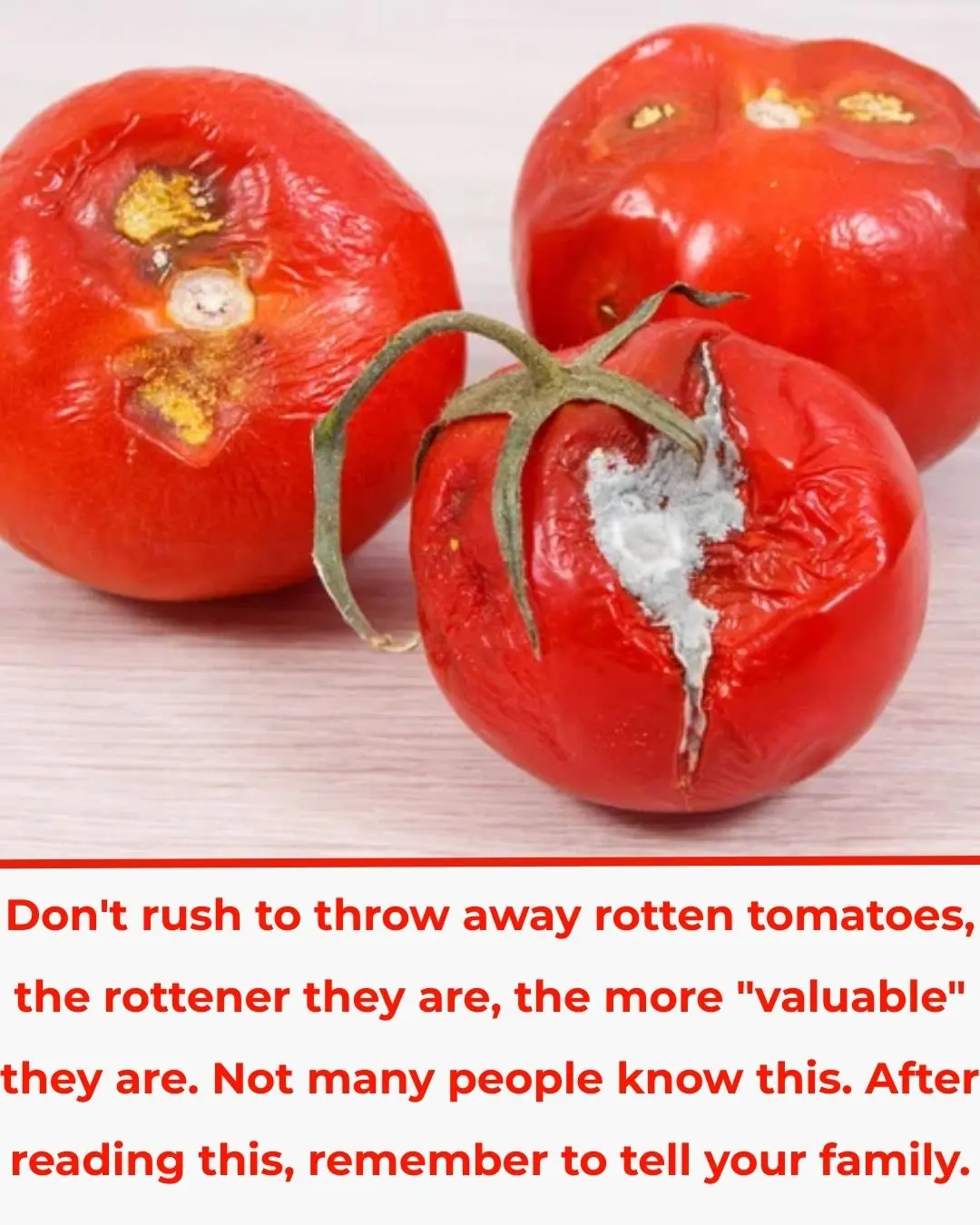
Don’t Throw Away Rotten Tomatoes – The More Rotten, the More “Valuable”! Few People Know This, So Share It with Your Family

Treat Premature Gray Hair with a Natural Dye Using Tamarind and Potato – Cheap and Effective!
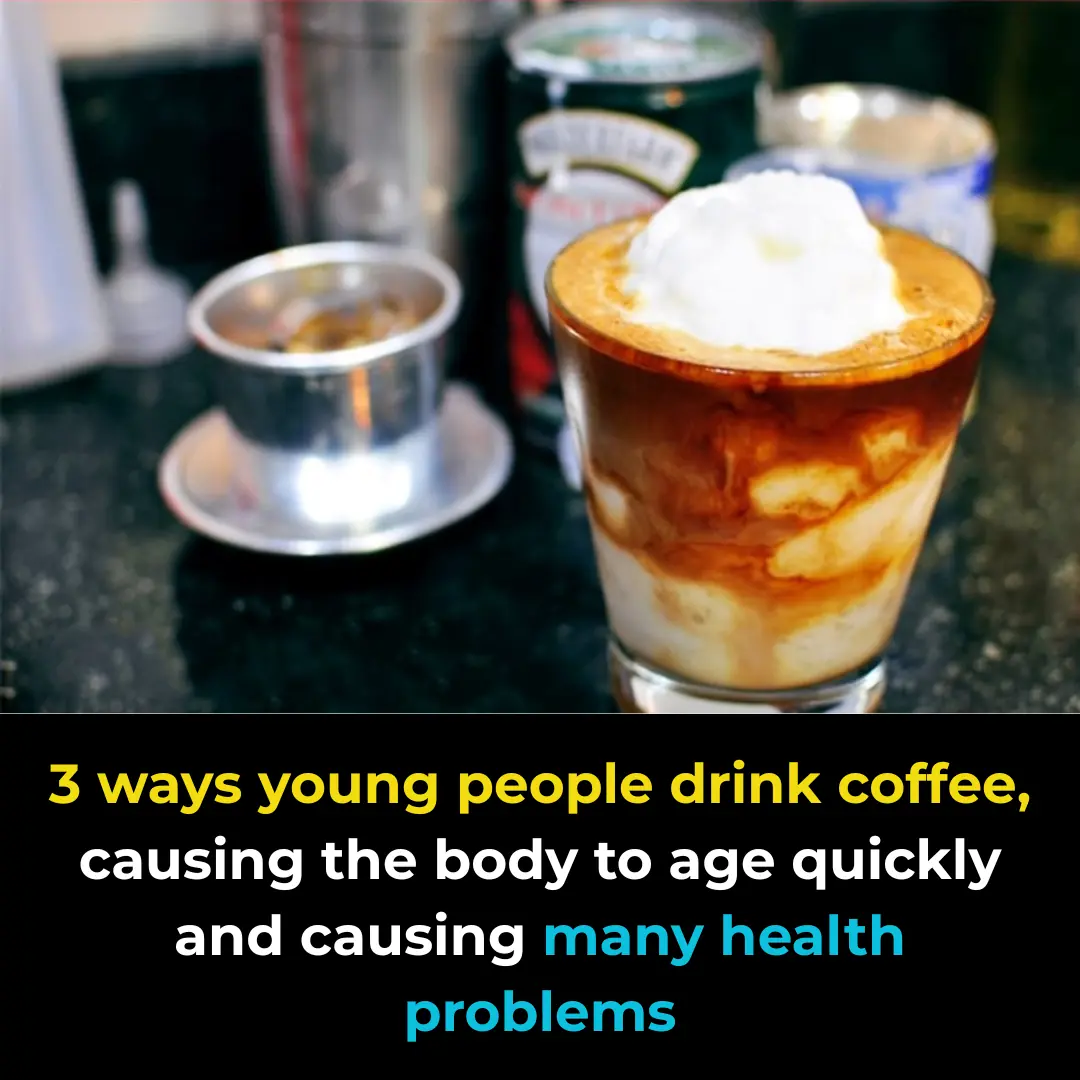
Here are 3 coffee drinking habits of many young people that can accelerate aging and cause various health problems
Why Should We Not Open the Bedroom Door at Night?

8 Body Language Tips to Help You Appear More Confident
News Post

🌿 Can Papaya Leaves Turn Gray Hair Black Naturally? Unlock Nature’s Secret to Vibrant Hair

Japanese airport has never lost luggage in over 30 years – This is why
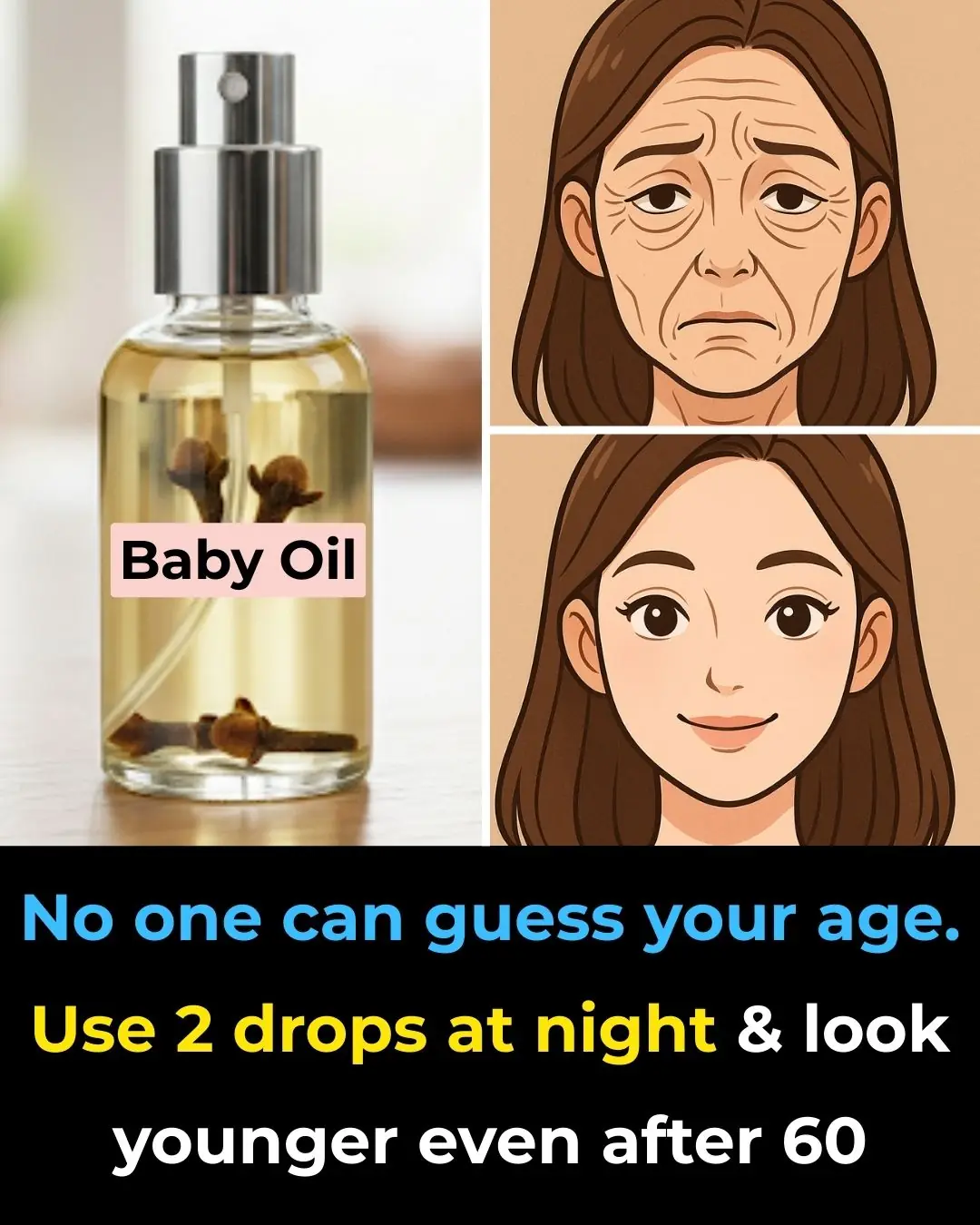
The Ultimate DIY Clove Skincare Routine

A Company in Kenya Builds Houses From Recycled Shipping Containers – Solar-Powered and Ready in Days

Smart Tips for Boiling Eggs: Prevent Cracks, Easy to Peel, and How to Time Them Perfectly

🥕 3-Day Carrot-Based Detox: Cleanse Your Liver and Intestines Naturally

Coconut Oil for Hair Growth – Add this in your Hair Oil

What Terrible Things Happen When Women Lack Intimacy? A Painful Yet True Reality

Why You Should Never Place Your Bed Like This
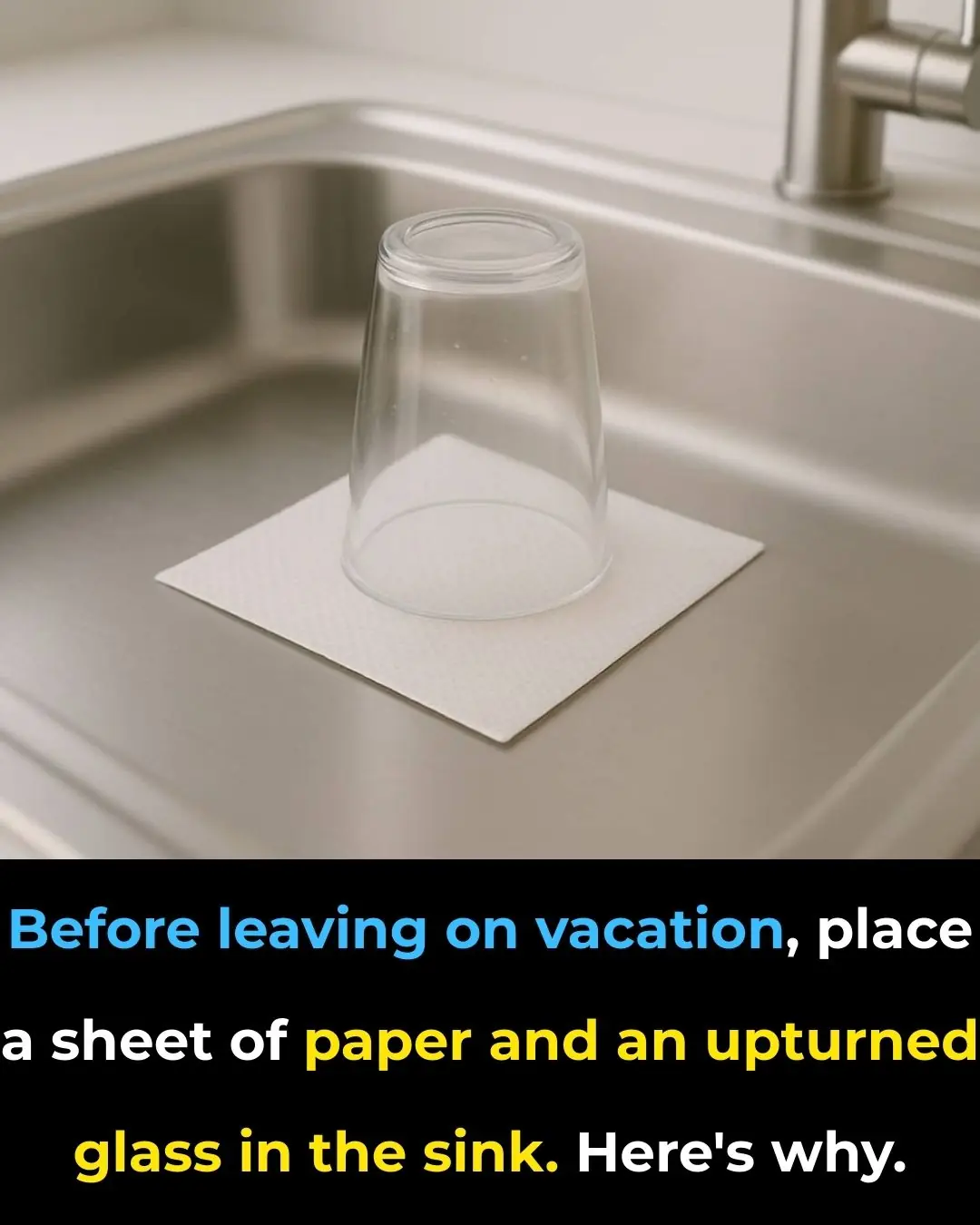
Sink Trick You Should Always Do Before Vacation

10+ Foods That Naturally Lower Blood Sugar Levels

Elon Musk Issues Serious Warning on Japan’s Population Decline

A Fruit Growing Abundantly in Gardens That Few People Eat Turns Out to Be an Autumn ‘Miracle’ Better Than Ginseng and Bird’s Nest

Why Should You Drop a Clove of Garlic into the Toilet Bowl at Night? Knowing Its Benefits, Every Household Wants to Try It

Revealed: How to Make Ceramic Tiles Sparkle at Home – Without Spending a Dime

If your private parts smell fishy, it’s something you should be aware of

Soak the vermicelli in a bowl of fish sauce, after 2 minutes you will know if the vermicelli is clean or contains borax.

The refrigerator seal has black mold, use this to wipe it, and it will be completely clean in just 5 minutes.
